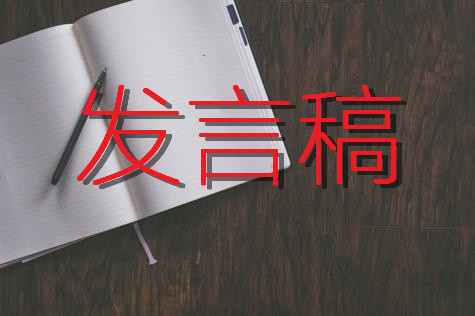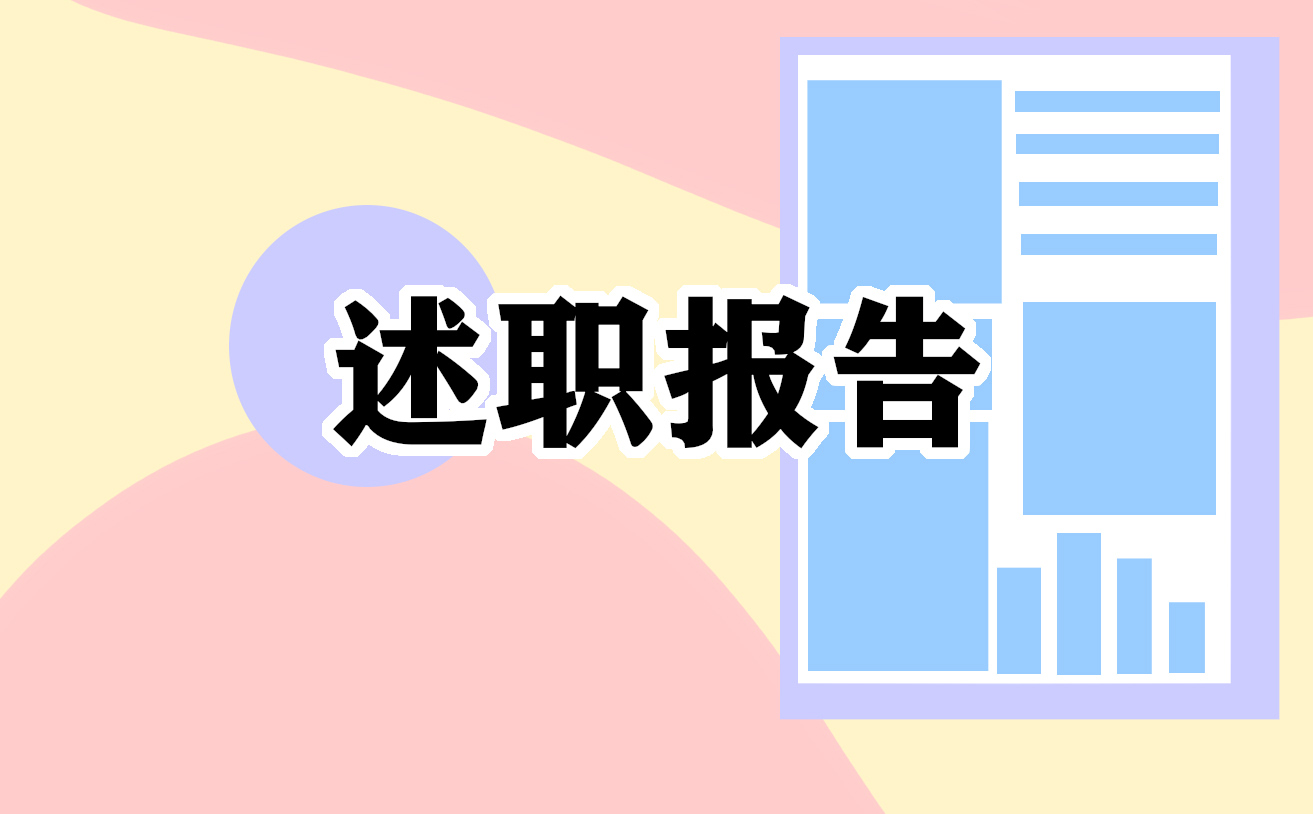收入税转为消费税体制的法律问题探讨
时间:2021-03-01 16:03:01 来源:雅意学习网 本文已影响 人 
摘 要:消费税体制在某些方面优于所得税体制,一些美国学者也在讨论将美国的所得税体制转变为消费税体制。但是我们必须正视这种转变的巨大障碍和可怕后果,本文正是从法律方面分析了这些问题。
关键词:避税;所得税;消费税
ABSTRACT:Consumption tax system is superior to income tax system in several aspects and some US scholars is discussing to transfer the US income tax system to consumption tax system. However,we should never fail to recognize the significant obstacles andterrible result of such transfer of tax system and this article mainly focuses on the legal aspects of the problems.
KEY WORDS:tax evasion;income tax;consumption tax
Legal problems of transferring income tax to consumption tax
Tax system in China is quite different from that in US. Taxes levied on commodities and service rather than on income contribute the majority of the revenue. The development of overseas shopping agency in recent years is merely some implication of such tax system. Tax scholars in US have been focusing on the possibilities of shifting current income tax system to consumption tax system and put forward various benefits: taxpayers no longer need to file tax return due to the simplified tax system and in the meanwhile IRS will enjoy the administrative efficiency. In addition, consumption tax system will not harmhorizontal or vertical equity by imposing progressive tax rates.Finally, it will also promote economic efficiency under the influence of different tax rates, since people may be encouraged to purchase commodities with lower tax rates. Even if some agreement has been reached that a consumption tax was to some extent superior to an income tax, we should never fail to recognize the significant obstacles to accomplish the shift and the bad implication such shift will bring about.
I. Fairness
Tax fairness is one of the most important concerns, which consist mainly of two categories: vertical fairness and horizontal fairness. The first is vertical fairness, under which taxpayers of different economic situations should be taxed at different rates.[1]This would require taxpayers with higher-income or better economic situations pay tax at higher rates than taxpayers with low-income inferior economic situation. Under the consumed income tax system, tax liability can be changed simply by obtaining a larger saving balance and a smaller tax base. Taxpayers can achieve such goal by increasing investment or reduce consumption of goods and service, leading to a savings deduction that offsets the cash receipt. Saving is tax-favored and replacing the income tax with a consumption tax is primarily about eliminating the taxation of saved income for the non-requirement of the savings of the affluent taxpayers.[2]Since cost of daily necessity are usually of no great difference, taxpayers of higher income and better economic may possibly evade their tax liability when they invest or deposit extra money.









